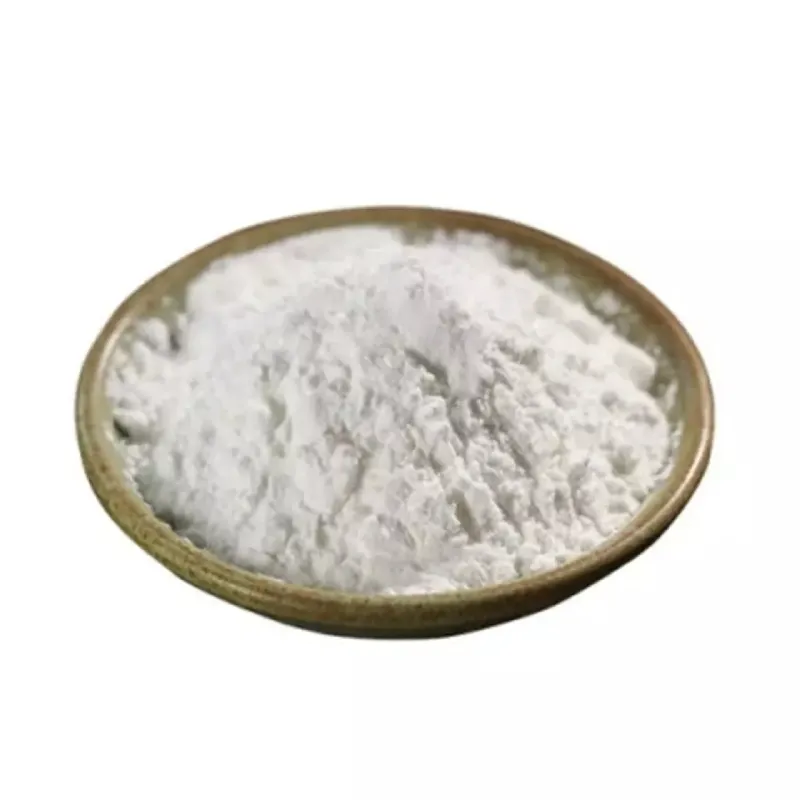 Email: sale@hebeidisha.com
Email: sale@hebeidisha.com
 Tel: +86 13315186550
Tel: +86 13315186550
- Afrikaans
- Albanian
- Amharic
- Arabic
- Armenian
- Azerbaijani
- Basque
- Belarusian
- Bengali
- Bosnian
- Bulgarian
- Catalan
- Cebuano
- China
- China (Taiwan)
- Corsican
- Croatian
- Czech
- Danish
- Dutch
- English
- Esperanto
- Estonian
- Finnish
- French
- Frisian
- Galician
- Georgian
- German
- Greek
- Gujarati
- Haitian Creole
- hausa
- hawaiian
- Hebrew
- Hindi
- Miao
- Hungarian
- Icelandic
- igbo
- Indonesian
- irish
- Italian
- Japanese
- Javanese
- Kannada
- kazakh
- Khmer
- Rwandese
- Korean
- Kurdish
- Kyrgyz
- Lao
- Latin
- Latvian
- Lithuanian
- Luxembourgish
- Macedonian
- Malgashi
- Malay
- Malayalam
- Maltese
- Maori
- Marathi
- Mongolian
- Myanmar
- Nepali
- Norwegian
- Norwegian
- Occitan
- Pashto
- Persian
- Polish
- Portuguese
- Punjabi
- Romanian
- Russian
- Samoan
- Scottish Gaelic
- Serbian
- Sesotho
- Shona
- Sindhi
- Sinhala
- Slovak
- Slovenian
- Somali
- Spanish
- Sundanese
- Swahili
- Swedish
- Tagalog
- Tajik
- Tamil
- Tatar
- Telugu
- Thai
- Turkish
- Turkmen
- Ukrainian
- Urdu
- Uighur
- Uzbek
- Vietnamese
- Welsh
- Bantu
- Yiddish
- Yoruba
- Zulu
Aug . 11, 2024 20:38 Back to list
Finding Reliable Petroleum Jelly Suppliers for Your Business Needs and Quality Assurance
The Role of Petroleum Jelly Suppliers An Essential Industry Overview
Petroleum jelly, a semi-solid mixture of hydrocarbons, is renowned for its versatile applications across various industries, including cosmetics, medicine, and manufacturing. As a product that offers skin protection, moisture retention, and wound healing properties, the demand for petroleum jelly remains robust. This article delves into the significance of petroleum jelly suppliers, their role in the supply chain, and how they cater to a diverse set of industries.
Understanding Petroleum Jelly
Petroleum jelly, commonly referred to as Vaseline, was first discovered in the mid-19th century. Its primary component, petroleum, is derived from crude oil through a refining process that removes impurities. The result is a smooth, odorless jelly that acts as a barrier to moisture loss. Because of its non-toxic and hypoallergenic nature, it is safe for most individuals, making it a staple in personal care products, ointments, and even as a lubricant in mechanical applications.
The Importance of Suppliers
Petroleum jelly suppliers play a critical role in ensuring the consistent availability and quality of this essential product. These suppliers act as intermediaries between manufacturers and end-users, providing not just raw materials but also valuable expertise on sourcing and application.
1. Quality Control Suppliers are responsible for maintaining stringent quality control standards. They ensure that their petroleum jelly products meet the regulatory requirements and industry standards for safety and efficacy. Labs often test samples for purity and contaminant levels before they reach the market.
2. Customization Many industries require specific formulations of petroleum jelly that meet particular criteria. Suppliers often work closely with clients to create custom blends that fit the needs of different applications, be it pharmaceutical creams, cosmetic products, or industrial uses.
3. Logistical Support Ensuring a steady supply of petroleum jelly can be challenging due to fluctuations in crude oil prices, environmental regulations, and demand cycles. Suppliers provide logistical support to mitigate these challenges, including inventory management, transportation, and timely delivery.
petroleum jelly supplier

4. Education and Consultation Suppliers often serve as a valuable resource for manufacturers, offering guidance on the best practices for using petroleum jelly. This includes insights into temperature stability, preservation methods, and compatibility with other ingredients.
Diverse Applications
Petroleum jelly's wide-ranging applications highlight the importance of having reliable suppliers to meet the needs of various sectors
- Cosmetics The beauty industry uses petroleum jelly in lip balms, moisturizers, and makeup removers due to its excellent emollient properties. Suppliers must keep abreast of cosmetic regulations and trends to provide compliant products.
- Pharmaceuticals In the medical field, petroleum jelly is used in ointments and as a topical balm for dry skin and minor burns. Suppliers are often required to adhere to more rigorous standards in this industry, including Good Manufacturing Practice (GMP).
- Industrial Uses In manufacturing, petroleum jelly serves as a lubricant and rust preventative. Suppliers to this sector must provide products that can withstand extreme conditions without breaking down.
Conclusion
In conclusion, the role of petroleum jelly suppliers is indispensable across various industries. They not only ensure the availability of this essential product but also maintain standards of quality, customization, and logistical support. As the demand for petroleum jelly continues to grow, particularly in sectors focused on health and wellness, the collaboration between manufacturers and suppliers will be vital for innovation and consumer satisfaction. The future of petroleum jelly will likely see advancements in formulation and sustainability, paving the way for suppliers to enhance their offerings in an ever-evolving market.
Latest news
-
Certifications for Vegetarian and Xanthan Gum Vegetarian
NewsJun.17,2025
-
Sustainability Trends Reshaping the SLES N70 Market
NewsJun.17,2025
-
Propylene Glycol Use in Vaccines: Balancing Function and Perception
NewsJun.17,2025
-
Petroleum Jelly in Skincare: Balancing Benefits and Backlash
NewsJun.17,2025
-
Energy Price Volatility and Ripple Effect on Caprolactam Markets
NewsJun.17,2025
-
Spectroscopic Techniques for Adipic Acid Molecular Weight
NewsJun.17,2025